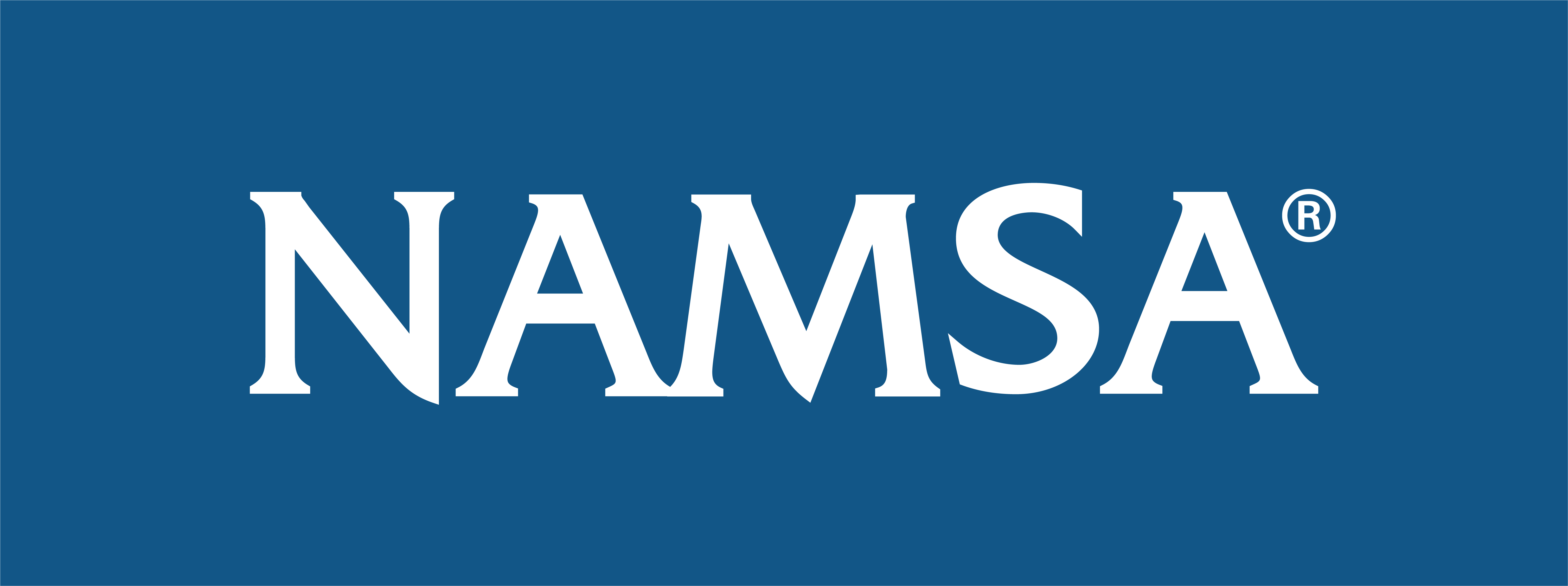Preclinical Work Throughout the Medical Device Process
About
Throughout the device development process, preclinical testing plays an important role in developing, evaluating, and even marketing a particular product. From feasibility through Good Laboratory Practice (GLP), different types of studies serve to investigate different aspects of development. Proof of concept, feasibility, model development, chronic feasibility, GLP, and training studies each have their optimal place in the process and build upon each other. It is important to identify, early, where you are in the process and what type of study can be of maximum benefit to the client. Working together with experts from regulatory, biostatistics, and clinical at specific times during these preclinical studies helps to mitigate risk, add confidence in intended claims, and can easily shorten timelines.
During this webinar attendees will learn:
- The different types of preclinical studies as they pertain to the overall device development process.
- How to identify opportunities to work cross-functionally with other experts to strengthen studies and overall regulatory strategy, and even shorten timelines—saving you money.
Speaker
Mike Bravo
Preclinical Specialist, NAMSA
Mike’s role is to assist clients in developing preclinical strategies for testing, from proof-of-concept through GLP as well as marketing and physician training studies. Mike also works cross-functionally with colleagues in regulatory, biostatistics, and clinical to add value to clients’ development plans. In addition, he performs a large number of surgical and interventional procedures for clients. He has authored several publications and posters, with a focus on model development. With 19 years of experience in preclinical research, Mike’s background includes experience in academia, industry, and contract research labs. He earned his Surgical Research Specialist (SRS) certification from the Academy of Surgical Research and is a member of the Society of Interventional Radiology (SIR).
This webinar originally took place on March 29, 2016.
